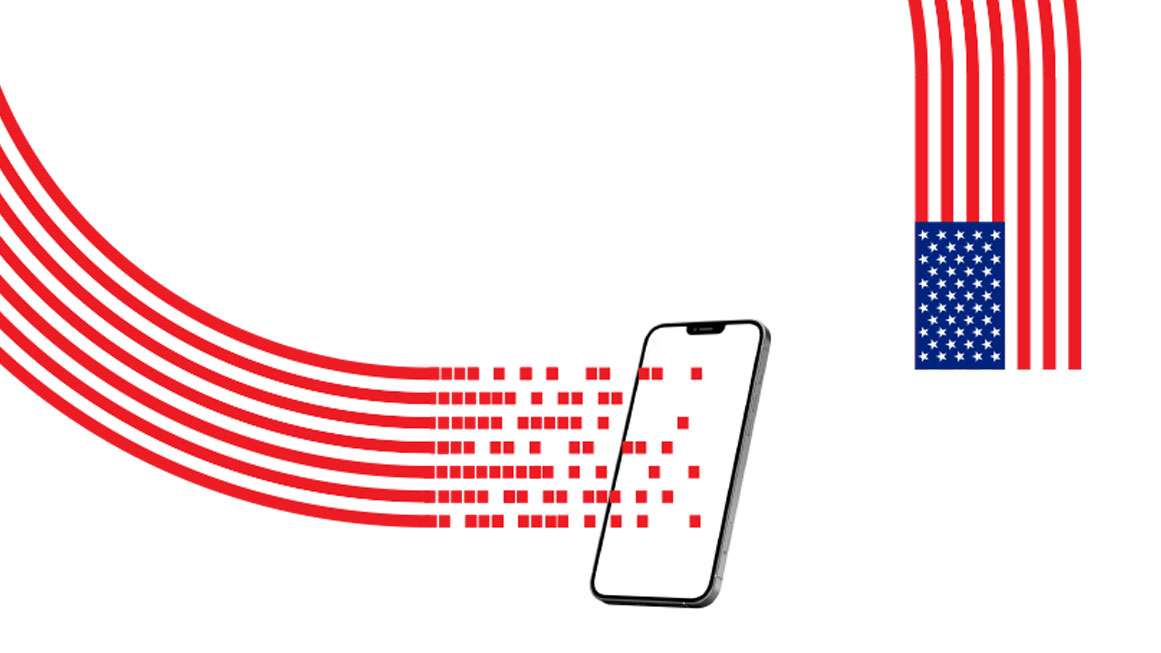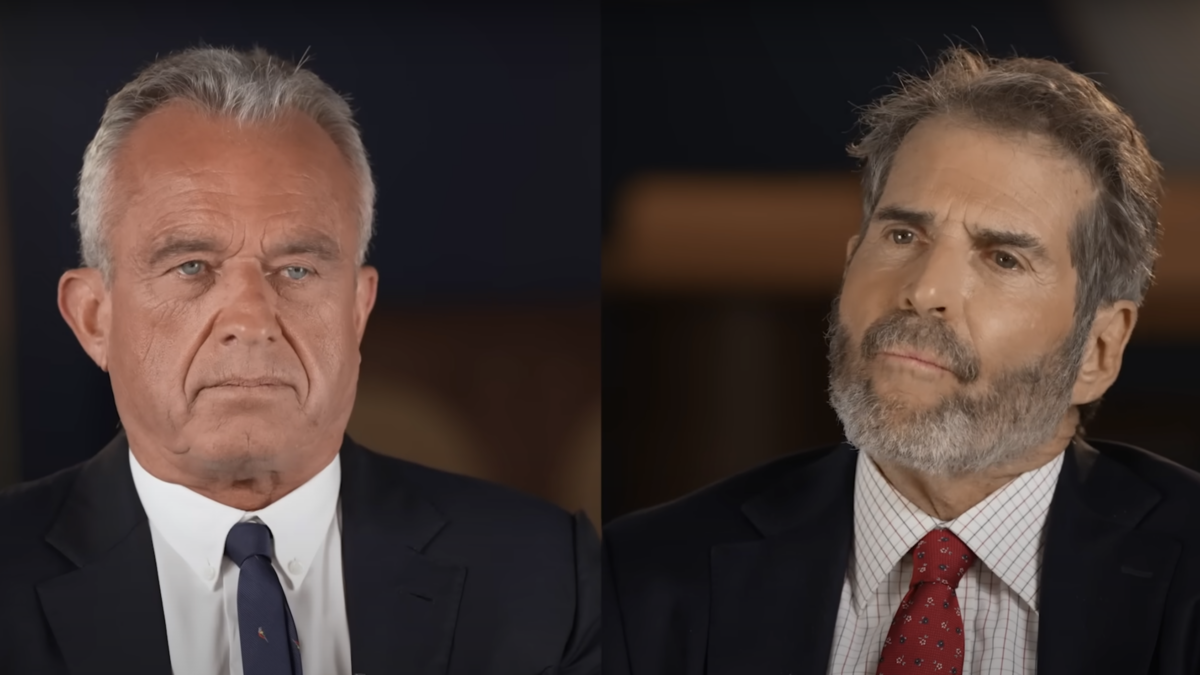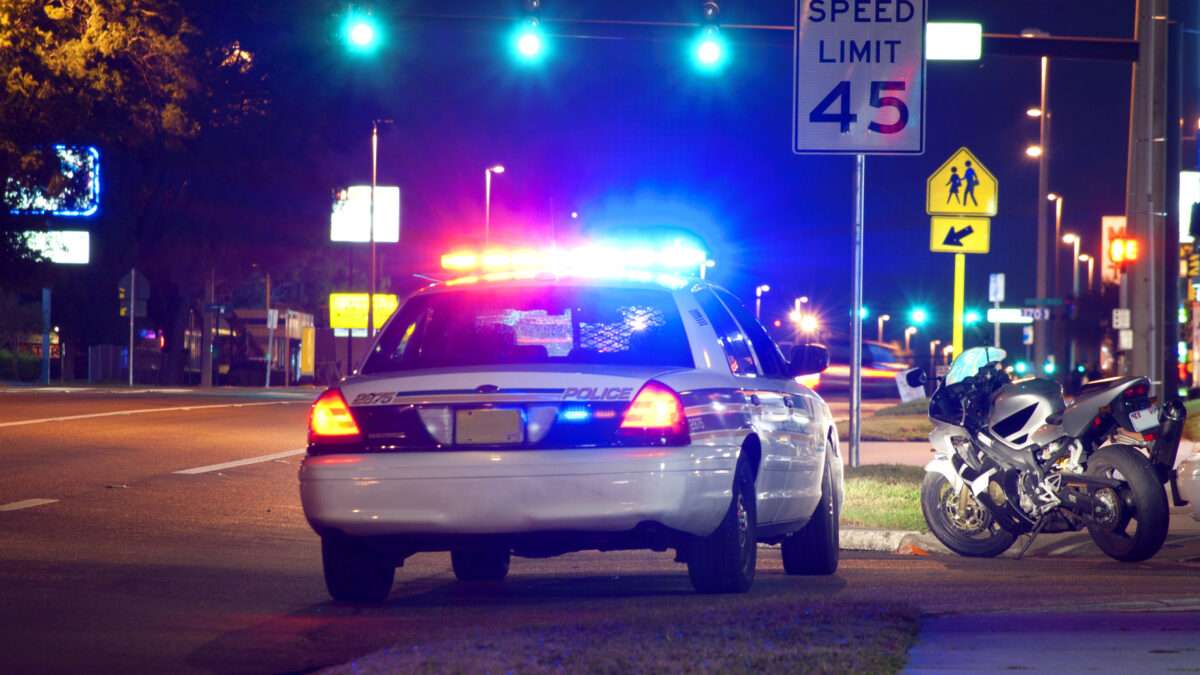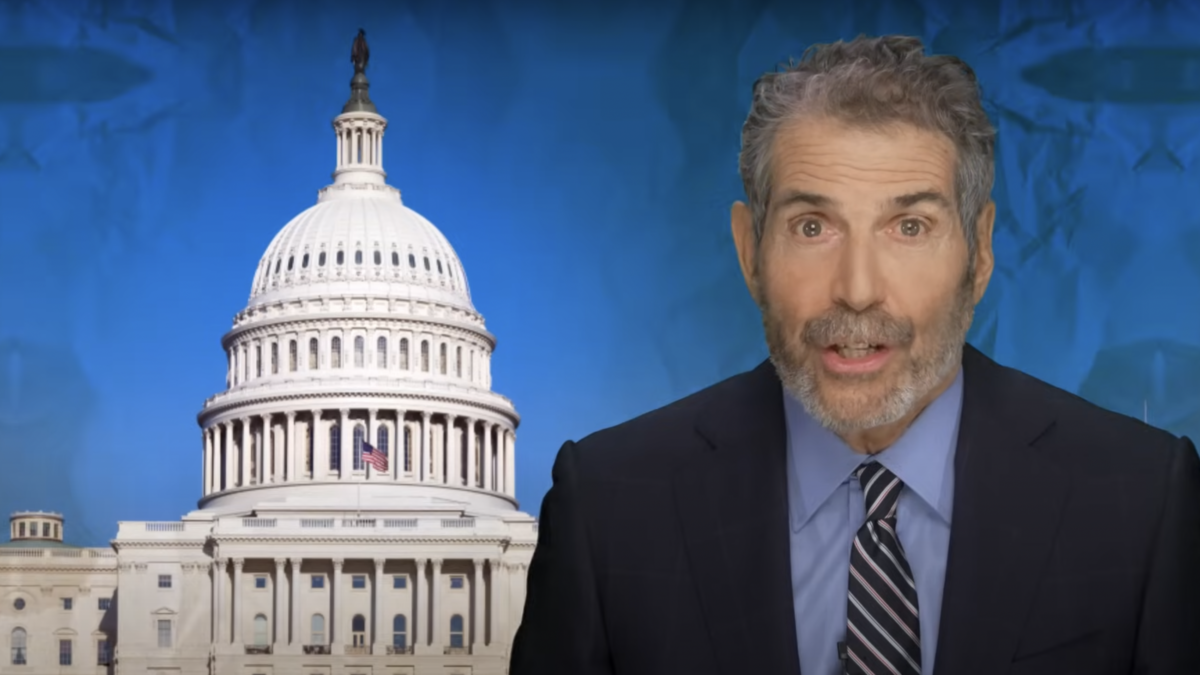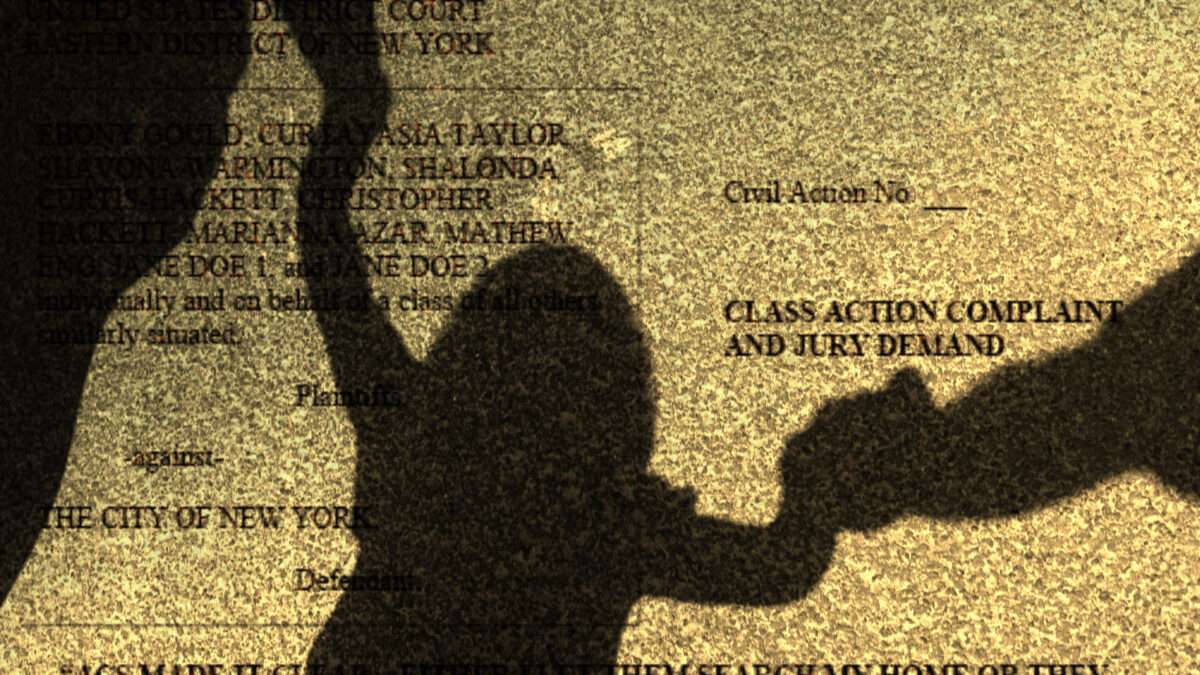The Feds Are Skirting the Fourth Amendment by Buying Data

The Fourth Amendment guarantees that every person shall be "secure in their persons, houses, papers, and effects, against unreasonable searches and seizures." This means government agents cannot enter your home or rifle through your stuff without a warrant, signed by a judge and based on probable cause. That right extends to the digital sphere: The Supreme Court ruled in 2018's Carpenter v. United States that the government must have a warrant to track people's movements through their cellphone data.
But governments are increasingly circumventing these protections by using taxpayer dollars to pay private companies to spy on citizens. Government agencies have found many creative and enterprising ways to skirt the Fourth Amendment.
Cellphones generate reams of information about us even when they're just in our pockets, including revealing our geographical locations—information that is then sold by third-party brokers. In 2017 and 2018, the IRS Criminal Investigation unit (IRS CI) purchased access to a commercial database containing geolocation data from millions of Americans' cellphones. A spokesman said IRS CI only used the data for "significant money-laundering, cyber, drug and organized-crime cases" and terminated the contract when it failed to yield any useful leads.
During the same time period, U.S. Immigration and Customs Enforcement (ICE) paid more than $1 million for access to cellphone geolocation databases in an attempt to detect undocumented immigrants entering the country. The Wall Street Journal reported that ICE had used this information to identify and arrest migrants.
In the midst of the COVID-19 pandemic, the Centers for Disease Control and Prevention spent $420,000 on location data in order to track "compliance" with "movement restrictions," such as curfews, as well as to "track patterns of those visiting K-12 schools."
The Defense Intelligence Agency (DIA) admitted in a January 2021 memo that it purchases "commercially available geolocation metadata aggregated from smartphones" and that it had searched the database for Americans' movement histories "five times in the past two-and-a-half years." The memo further stipulated that "DIA does not construe the Carpenter decision to require a judicial warrant endorsing purchase or use of commercially available data for intelligence purposes."
Even in the physical world, governments have contracted out their spying. The Drug Enforcement Administration (DEA) spent millions of dollars paying employees at private companies and government agencies for personal information that would otherwise require a warrant. This included paying an administrator at a private parcel delivery service to search people's packages and send them to the DEA, and paying an Amtrak official for travel reservation information. In the latter case, the DEA already had an agreement in place under which Amtrak Police would provide that information for free, but the agency instead spent $850,000 over two decades paying somebody off.
It seems the only thing more enterprising than a government agent with a warrant is a government agent without one.
The post The Feds Are Skirting the Fourth Amendment by Buying Data appeared first on Reason.com.


